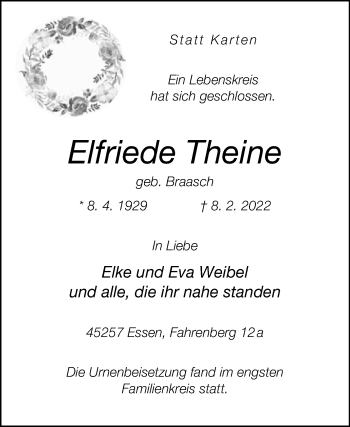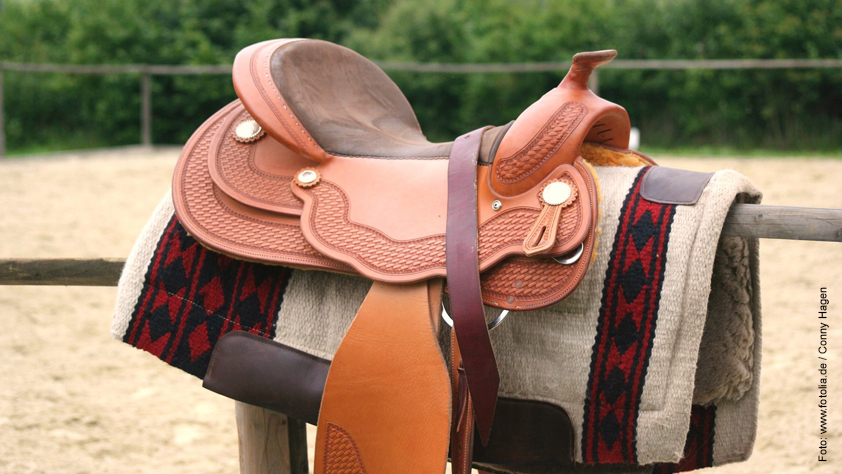

Because Mateine acts so differently than caffeine by itself, this term has been widely used in South-America to designate the unique energizing and therapeutic effect of Yerba Mate. Made up of a combination of caffeine, theobromine & theophylline, Mateine is, in fact, the term used to name the alkaloids combination present in Yerba Mate. Their distinctive effects on the human body allow us to say that these two groups of elements should not be lumped together. Although they have clear genetic similarities, there are some predominant elements that ultimately make them quite different. Mateine could be considered the cousin of theine. Although these two sets of alkaloids are similar in some respects, it is important to understand the differences between them. In South America, mate is well known for its unique stimulant that's said to be one of the most balanced in the world: Mateine! In the north, many consumers often put mateine and theine in the same category. There is certainly a link to be made between the growing interest in mate and the North American desire to establish healthier and more balanced lifestyles.Ĭonfusing mateine (yerba mate) and theine (tea): A mistake. This plant-based beverage has become popular for its therapeutic properties, but also for its positive impact on metabolism. Consumed for centuries by our Latin neighbours, mate got the attention of North American societies because of its distinctive attributes, but also because of its unique method of consumption. Looking for an exciting new tea to try-with or without theine? We've got you covered.Yerba mate has begun to attract the attention of North American populations in recent years. I'll try my best to do better next theine.) Ultimately, it doesn't really matter what you call it-just don't call it late for tea.

However, there are some subtle differences between the "experiences" that one associates with caffeine from coffee and caffeine from tea, which is probably why the term theine has continued to stick around among tea enthusiasts. The term "theine" is simply another name for caffeine that is found in tea. So to recap, theine and caffeine are one and the same. It counteracts some of the stimulating effects of caffeine with a sense of relaxation (importantly, without any appreciable reduction in "alertness") Teas contain the unique amino acid, L-theanine.This difference in the way that tea and coffee affect the body is due to the fact that tea also contains other compounds, like catechins and flavonoids, which interact with caffeine to provide a unique set of benefits. In other words (literally) "theine" gives you a different kind of buzz. When you drink tea, the caffeine is metabolized more slowly, which results in a more gradual and longer-lasting release of energy. On top of that, the way that caffeine is metabolized in the body is different when it comes from tea as opposed to coffee.On average, a cup of tea has, at most, about half the caffeine of a cup of coffee usually less than that. For one thing, there's much less caffeine in a cup of tea than in a cup of coffee.Now, how is that possible? They're literally the same molecule. While the "theine" in tea and the caffeine in coffee are-in all scientific terms-identical, you could say that theine and caffeine in tea and coffee respectively feel a little bit different when they’re consumed. Other than that, as long as you're not confusing theine with theanine, you're fine. Referring to theine in coffee doesn't make sense (unless you poured a cup of tea into your coffee).

It's still considered perfectly acceptable to refer to caffeine as theine specifically when it's in tea-just not the other way around. Some parts of the tea community still refer to the caffeine in tea as theine, and they're not incorrect. Then, some Dutch and German chemists found that they were exactly the same thing, so the word "theine" was mostly dropped in favor of the word “caffeine.” For about a decade, it was thought to be a different substance than caffeine. See, theine was first discovered in tea by French chemists in the early 1800s. In fact, in some places, the two terms are used interchangeably. That's because theine is simply another name for caffeine-in tea. What's more, it can even help you be more productive, more creative, and keep you awake when you need it most. Theine also has numerous health benefits, such as promoting weight loss, reducing inflammation, and improving heart health. It's the compound responsible for many of the effects of the true teas-black, green, and white teas-that help to improve energy, focus, and mental alertness. Theine is a naturally-occurring stimulant found in tea.


 0 kommentar(er)
0 kommentar(er)
